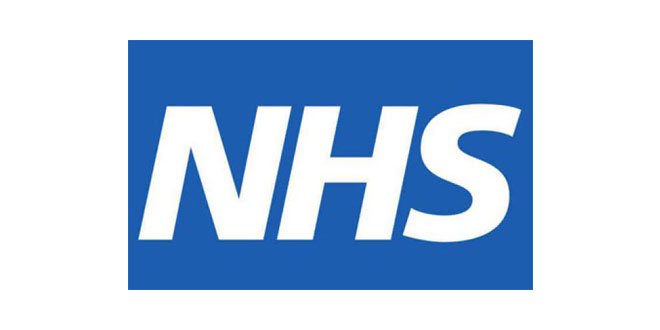NHS In Grip Of Worst Bed-Blocking Crisis On Record, Figures Reveal
 The NHS is experiencing the worst bed blocking crisis in history, with the number of elderly people unnecessarily remaining in hospital reaching record levels, according to official figures.
The NHS is experiencing the worst bed blocking crisis in history, with the number of elderly people unnecessarily remaining in hospital reaching record levels, according to official figures.
The data from NHS England reveals a near doubling in the numbers of patients having to remain in hospital, for want of care at home, or assistance in getting discharged.
The figures for June show little let up in pressures during summer, at a time when strain on the NHS usually diminishes.
Overall, 115,425 bed days were lost to delayed discharges in June – almost 80 per cent more than the same month five years ago.
Just 90.5 per cent of patients who went to Accident & Emergency departments were seen within four hours, against a target of 95 per cent – the worst June figures on record.
Those stuck in A&E included 84 patients who were forced to wait at least 12 hours on a trolley. Until now, the highest figure in June has been 25.
Ambulance response times were also a record low for the time of year, with just 69.2 per cent of the most urgent calls receiving a response within eight minutes, against a target of 75 per cent.
Charities said a funding crisis in social care meant thousands of vulnerable people were being left in hospital, when they should have been cared for in their homes.
Vicky McDermott, chairman of the Care and Support Alliance, which represents 80 charities for the elderly and disabled said: “The Government cannot continue to ignore the crisis that means that patients are stuck in hospital, when they could be at home.
“The funding crisis in social care is heaping needless pressure onto the NHS. A third of bed days lost to delayed discharge are due to social care and the biggest reason for social care delays is ‘patients awaiting a care package in their home.’”
The figures emerged amid warnings from senior managers that A&E departments are struggling to cope.
Nick Sanderson, CEO, Audley Retirement Villages, comments on NHS England statistics on bed blocking:
“It shouldn’t come as a surprise to see such figures: bed blocking is, sadly, nothing new and the focus on the issues surrounding elderly care focus on the symptoms rather than the cause. Yes, there is a vital need to address the level of care and housing available for the older generation once they are able to leave hospital, but delaying these visits in the first place will go a long way to easing the pressure not just for elderly people but for the country as a whole.
“The government should look at the facts: 86% of the older generation are still living in a family sized home which is often unsuitable to their changing needs, yet 99% don’t want to enter a care home. What is needed are specialist housing options for older people, which offer high quality, flexible care that can be implemented as and when required, preparing people for changes to their health. This may even allow early discharge as patients are returning to a purpose-built home, with the right support to enable early rehabilitation if needed. Further down the line, this will certainly minimise costly intervention and ease the strain on beds in the first place.”
A Department of Health spokesperson said: “The NHS had its busiest June ever, but hospitals are performing well with nine out of ten people seen in A&E within four hours – almost 60,000 people per day seen within the standard.
“We are committed to delivering a safer seven day NHS which is why we have invested £10bn to fund the NHS’s own plan to transform services in the future,” he said.






